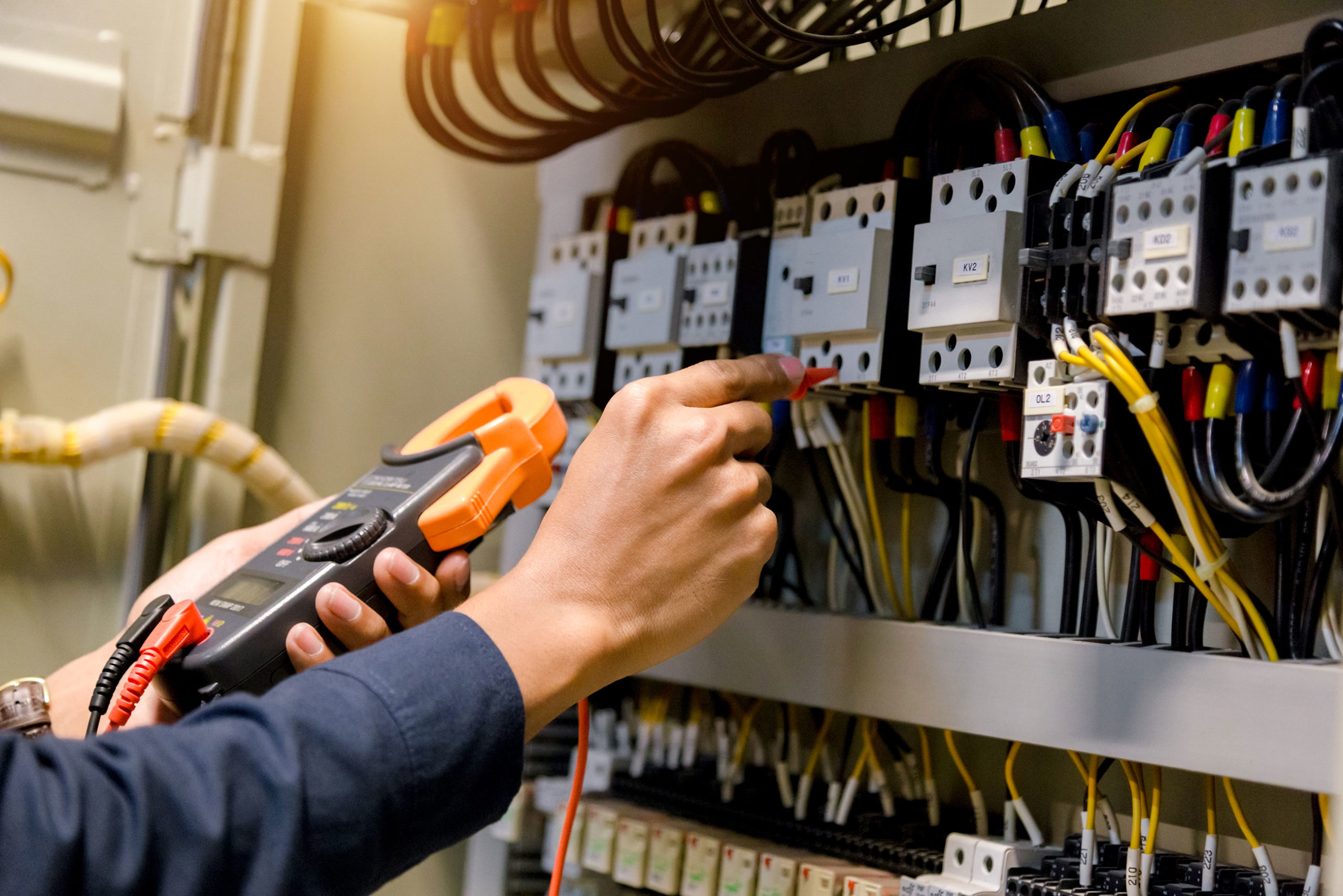
The field of commercial electrical work is essential to the infrastructure of any business, providing the backbone for power, communication, and technological systems. A commercial electrician’s role encompasses the installation, repair, and maintenance of electrical systems in commercial buildings, ensuring safe and efficient operations. This article explores the duties of a commercial electrician, the skills required, and why they are vital in today’s business landscape.
1. What is a Commercial Electrician?
A commercial electrician is a trained professional specializing in handling electrical systems in commercial settings, such as offices, retail stores, factories, hospitals, and schools. Unlike residential electricians who focus on home wiring and systems, commercial electricians deal with more complex, large-scale electrical projects designed to meet higher energy demands.
Key Differences Between Commercial and Residential Electricians
- Scale of Projects: Commercial electricians work on larger projects and handle more powerful systems than residential electricians.
- Complexity of Systems: Commercial settings have intricate electrical layouts, requiring advanced knowledge and skills.
- Safety Standards: Commercial electricians must comply with stringent safety and industry regulations to protect large groups of people.
2. Primary Responsibilities of a Commercial Electrician
The responsibilities of a commercial electrician vary depending on the project’s scope but generally involve:
a. Installation of Electrical Systems
A significant part of the job is the installation of electrical wiring, lighting systems, and power outlets within new or renovated commercial buildings. This includes working with blueprints to plan electrical layouts that meet safety standards and optimize energy efficiency.
b. Repair and Maintenance
Commercial electricians are often called upon to troubleshoot and repair faulty wiring or electrical systems. Regular maintenance checks help prevent outages and ensure systems function at their best, minimizing disruptions to business operations.
c. System Upgrades
As businesses grow, so do their electrical demands. Commercial electricians perform upgrades to systems, enhancing power capabilities and ensuring compatibility with the latest technology.
d. Compliance with Safety Regulations
Adhering to building codes and safety regulations is crucial. A commercial electrician must stay updated on the latest safety protocols to provide safe, compliant, and reliable electrical services.
3. Skills and Qualifications Required for Commercial Electricians
a. Technical Expertise
Commercial electrician services must possess in-depth knowledge of electrical systems, circuits, and components. This includes familiarity with three-phase power systems, transformers, and the National Electrical Code (NEC).
b. Problem-Solving Skills
Electrical systems in commercial environments can be complex, requiring electricians to quickly diagnose and resolve issues. Strong analytical and problem-solving abilities are essential.
c. Physical Stamina and Dexterity
Working as a commercial electrician involves physical tasks like climbing ladders, lifting equipment, and operating in confined spaces. Physical fitness and good hand-eye coordination are beneficial.
d. Certifications and Licensing
Becoming a certified commercial electrician typically requires a combination of classroom training and apprenticeship. Many regions mandate licensing, ensuring electricians meet industry standards for safety and competency.
4. Types of Projects Handled by Commercial Electricians
a. Retail Stores and Shopping Centers
In retail environments, commercial electricians handle electrical setups for lighting, surveillance, and point-of-sale systems. Proper lighting and operational security systems are vital for attracting customers and ensuring a safe environment.
b. Offices and Corporate Buildings
Offices require efficient wiring for lighting, internet connectivity, HVAC systems, and other essential equipment. Commercial electricians work with facility managers to maintain these setups and support system upgrades as businesses expand.
c. Hospitals and Healthcare Facilities
Healthcare facilities have stringent power requirements to keep critical medical equipment operational. Electricians specializing in healthcare settings must ensure all electrical systems, from emergency lighting to life-support machines, are reliable and compliant with health regulations.
d. Industrial and Manufacturing Plants
Industrial plants use high-powered machinery, requiring specialized wiring and breaker systems. Electricians in these environments are responsible for robust power systems that can handle large energy loads safely.
5. Why Are Commercial Electricians Vital to Businesses?
a. Ensuring Operational Efficiency
Businesses rely on electrical systems for day-to-day operations. A commercial electrician’s work minimizes interruptions, ensuring power is delivered efficiently to support business needs.
b. Safety Assurance
Malfunctioning electrical systems can lead to serious hazards, including fires and power surges. Regular maintenance by a qualified electrician reduces these risks, protecting both employees and assets.
c. Compliance with Regulations
Commercial electricians are knowledgeable about local codes and industry standards, helping businesses comply with legal requirements. Adherence to regulations prevents fines and ensures safety in public and private spaces.
6. Choosing the Right Commercial Electrician for Your Business
When selecting a commercial electrician, businesses should consider:
- Experience: Look for electricians with a proven track record in commercial projects similar to yours.
- Licensing and Insurance: Verify certifications, licenses, and insurance coverage to ensure accountability and protection.
- Reputation: Reviews and referrals from other businesses provide insights into the electrician’s reliability and quality of work.
- Availability: Consider electricians who offer flexible service hours, especially if your business operates on a 24/7 schedule. Read more: resistor color code
Conclusion
A commercial electrician is indispensable in today’s industry, ensuring that electrical systems in business environments operate efficiently and safely. Their expertise contributes to productivity, safety, and compliance, making them an integral part of the modern business landscape. Whether setting up new systems, maintaining existing setups, or upgrading to support growing demands, commercial electricians play a crucial role in the successful operation of any business.